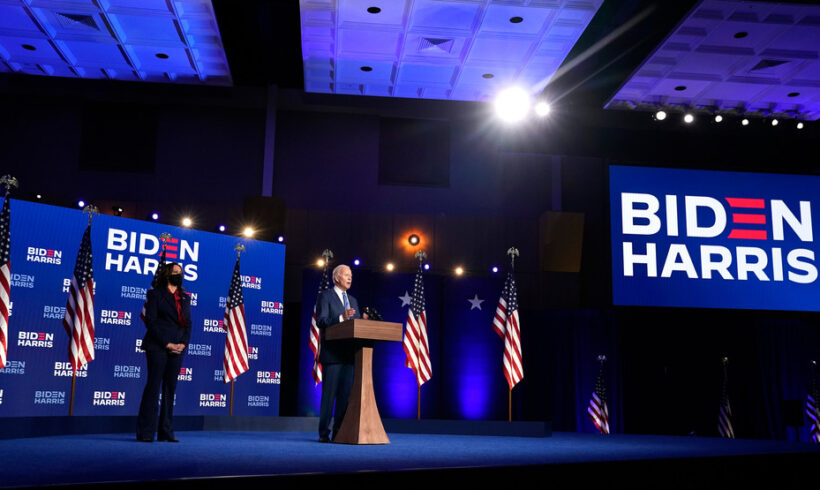By DR. MIRIAM ACZEL (Photo by Drew Angerer/Getty Images) Rejoining the Paris Agreement On June 1, 2017, in a blow to climate action, Donald Trump announced that...
Archive for category: Paris Agreement
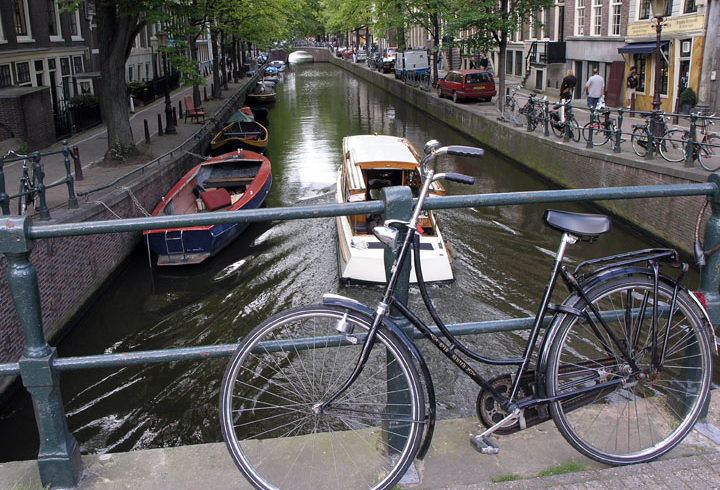
Amsterdam: Towards an Environmental Paradise?
By MIRIAM ACZEL The Dutch capital Amsterdam is widely known for being a bicyclist’s paradise. Biking safety levels are the highest in the world—in stark...
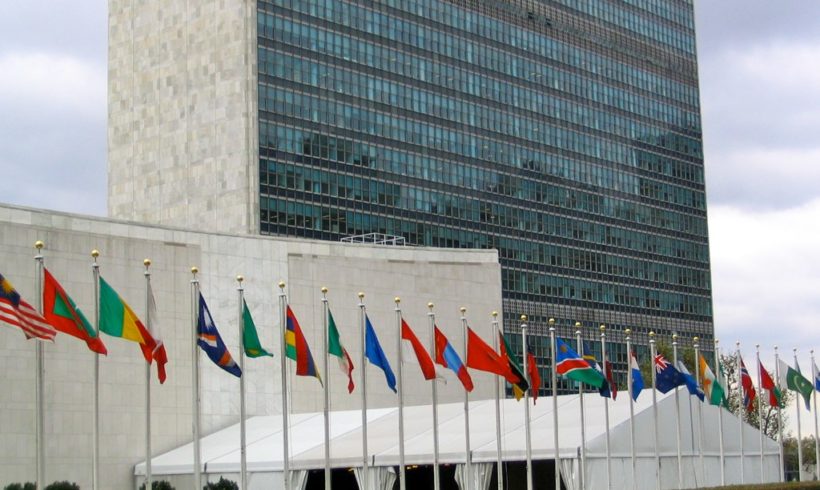
The Global Pact and the Future of Environmental Governance
By Matthew Beyer In the international system, there are over 3,500 environmental agreements governing thousands of distinct ecosystems across hundreds of different nations. This complex spider-web of...

“L’Affaire du Siècle”: Over 2 Million Supporters of Groundbreaking Climate Lawsuit
By MIRIAM ACZEL Just weeks after the widespread Gilets Jaunes (Yellow Vest) protests swept across France for the better part of December, a petition commonly known...
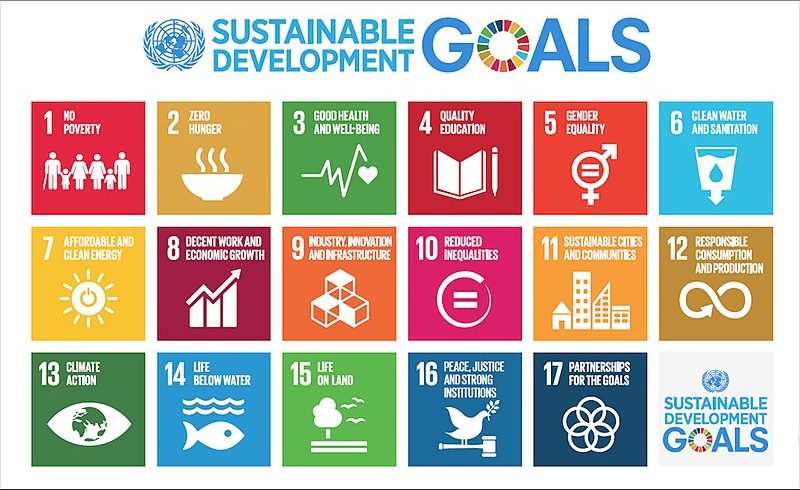
Impact Investing, Climate Change, and the SDG’s
By MIRIAM ACZEL and DR. WALEED SADEK Youth Global Forum 2018 This week, I had the opportunity to represent Leaders in Energy at the Youth Global Forum...

French Environment Minister’s Resignation: A Frustrated Call for Climate Action
On Tuesday, August 28, French environment minister Nicolas Hulot announced he was quitting Emmanuel Macron’s government—on live radio. During his interview with France Inter, a frustrated Hulot explained, “I don’t want to give the illusion that my presence in government means we’re answering these issues properly—and so I have decided to leave the government.”
Hulot, Macron’s most popular cabinet minister and former television presenter and environmental activist, said that his decision was “the most difficult decision of my life,” and was made on the spot—neither Macron nor Hulot’s wife were aware that he was going to resign.

Cambodia’s Renewable Energy Prospects
Cambodia has made great strides in its efforts to develop its economy and improve the standard of living of its mostly rural population, with current GDP growth rate hovering around 7%. But a 2016 WWF report claimed that more than 6 million Cambodians still lacked access to energy, and Cambodia’s developing industries—particularly textiles—are energy-hungry. Cambodia developed a blueprint for development in 2013, Rectangular Strategy, Phase III, that identifies cheaper energy sources for households and business/industrial consumers as key to continuing development. The report says that while large-scale hydro and coal-fired plants have thus far been the preferred strategy due to their high generation potential and low production costs, diversifying energy sources to reduce fossil fuel reliance is also an important goal going forward.
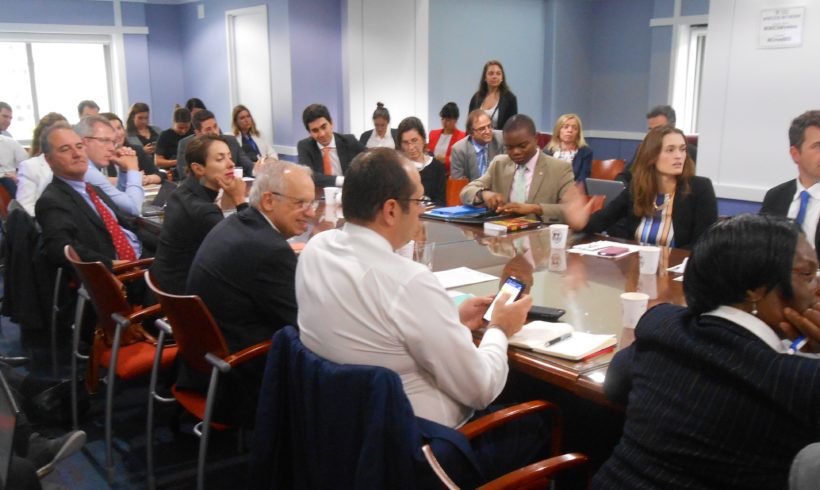
An Evaluation of Brazil’s RenovaBio Program
According to the Paris Accords on Climate Change, each country is to develop its own goals for CO2 reductions and develop a program to meet these goals. Brazil is an interesting case study in this effort. Unlike other countries, Brazil has chosen to place a strong emphasis on transportation rather than electrical generation and building efficiency. Brazil has a long history in renewable fuels with a continuous ethanol blending protocol since 1931.
In December of 2017 the Brazilian government passed the RenovaBio program in record time under the leadership of Congressman Evandro Gussi, pictured below. Since then, the RenovaBio Committee has quickly moved to work out details of the program which is strongly based on California’s Low Carbon Fuel Standard.
In April and May, the proposed protocol was opened to public comment in Brazil.
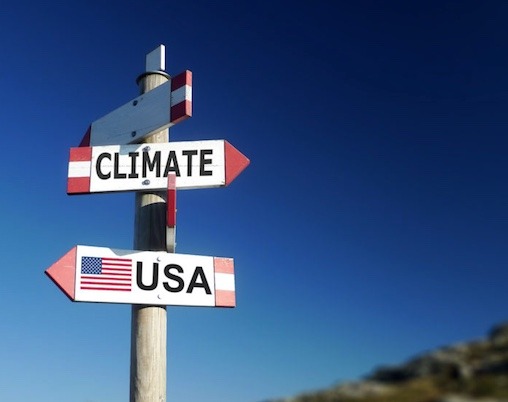
A sleeping giant has awakened
A sleeping giant has awakened. Instead of looking at the U.S. withdrawal from the Paris Agreement as a negative, look at this as the passing of the baton to American businesses and citizens to do what Americans do best—innovate and lead!
Leaders in Energy 2016 Year in Review
Around the world, 2016 was a year of tremendous change, upheaval in some cases, and new opportunities that the Leaders in Energy group, now in its fourth year, has explored during our twelve sustainability networking events in the Washington, DC area. Here is our review of the past year.


